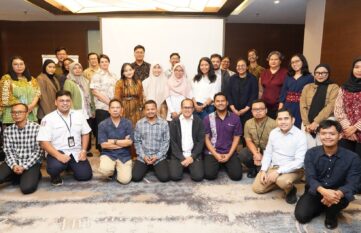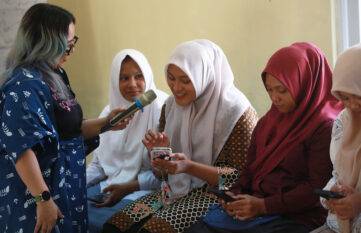Digital transformation in Africa faces a major challenge: According to the industry association GSMA, 34 percent of users of digital technologies here do not have the necessary skills to benefit from them. However, the Smart Africa Alliance sees precisely these skills as the basic building block for Africa’s digital development.
In collaboration with GIZ, the World Bank, ITU and other partner organizations, the Smart Africa Alliance therefore launched the Smart Africa Digital Academy (SADA). This is intended to impart skills and build knowledge so that more people in Africa can benefit from the digital transformation in the future. The project therefore offers targeted learning content and programs for political decision-makers and their environment so that they can make appropriate decisions in times of digital transformation. In the medium term, the entire population should benefit from fair and sustainable digital conditions and affordable Internet access.
The learning opportunities consist of online training (in cooperation with the digital learning platform atingi) and classroom events in the member states. These face-to-face events are largely conducted by the so-called National Digital Academies, which have so far been opened in the Republic of Congo, Rwanda and Ghana. The National Digital Academies in Benin and Côte d’Ivoire will open in September 2022. Training activities have also been conducted in the other member states (Burkina Faso, Kenya, Morocco, Niger, Senegal, Tunisia, Zimbabwe), covering a wide spectrum of digital transformation.
The training portfolio is constantly being revised and expanded in collaboration with numerous partners. For example, the topic of artificial intelligence is being promoted in various collaborations with Intel or UNESCO. Internal development cooperation projects also contribute to the further development of the content: Since August 2022, a course on artificial intelligence for political decision-makers as well as the corresponding handbook have been available on the digital learning platform, which were created by the GIZ project FAIR FORWARD and the Human Sciences Research Council from South Africa.



